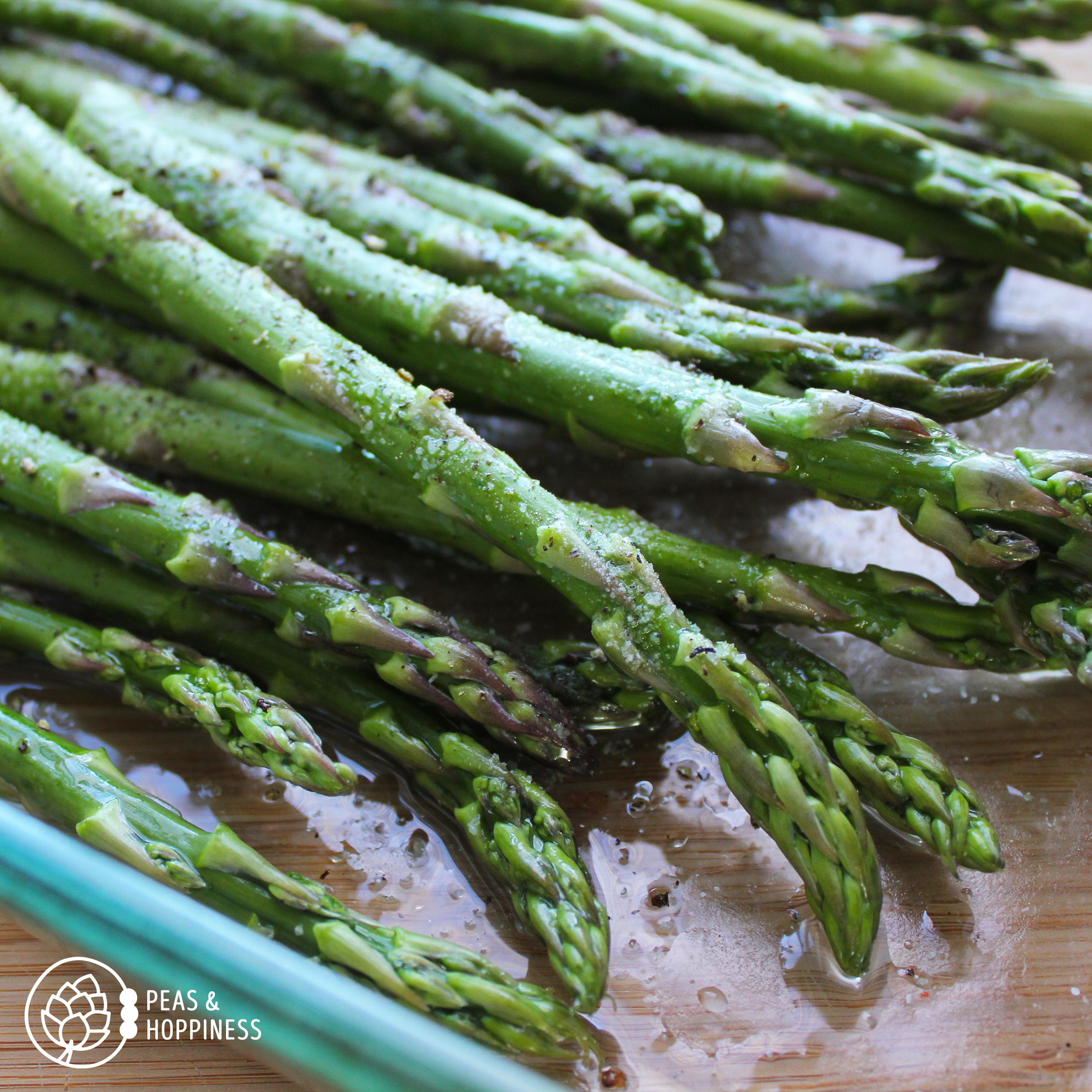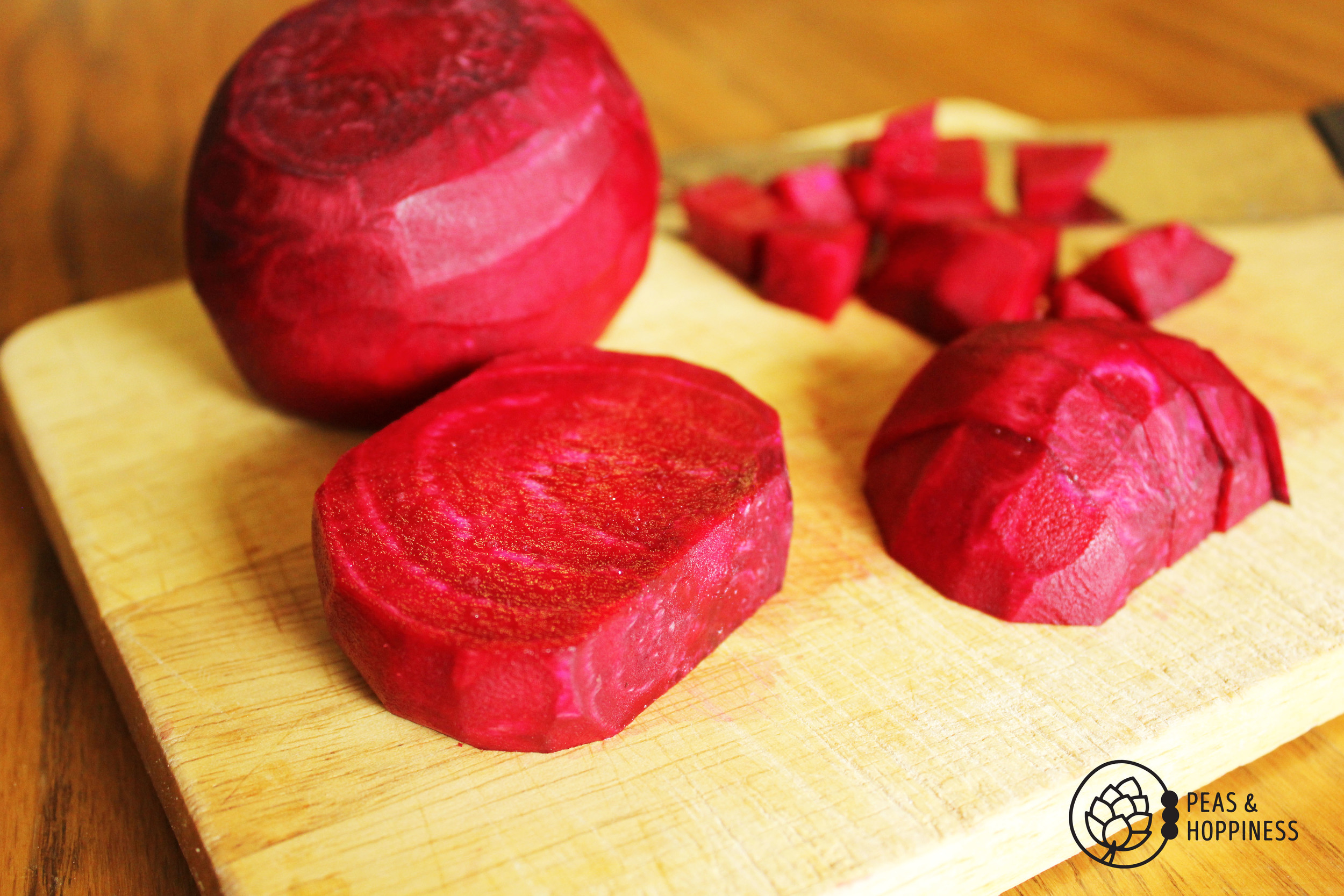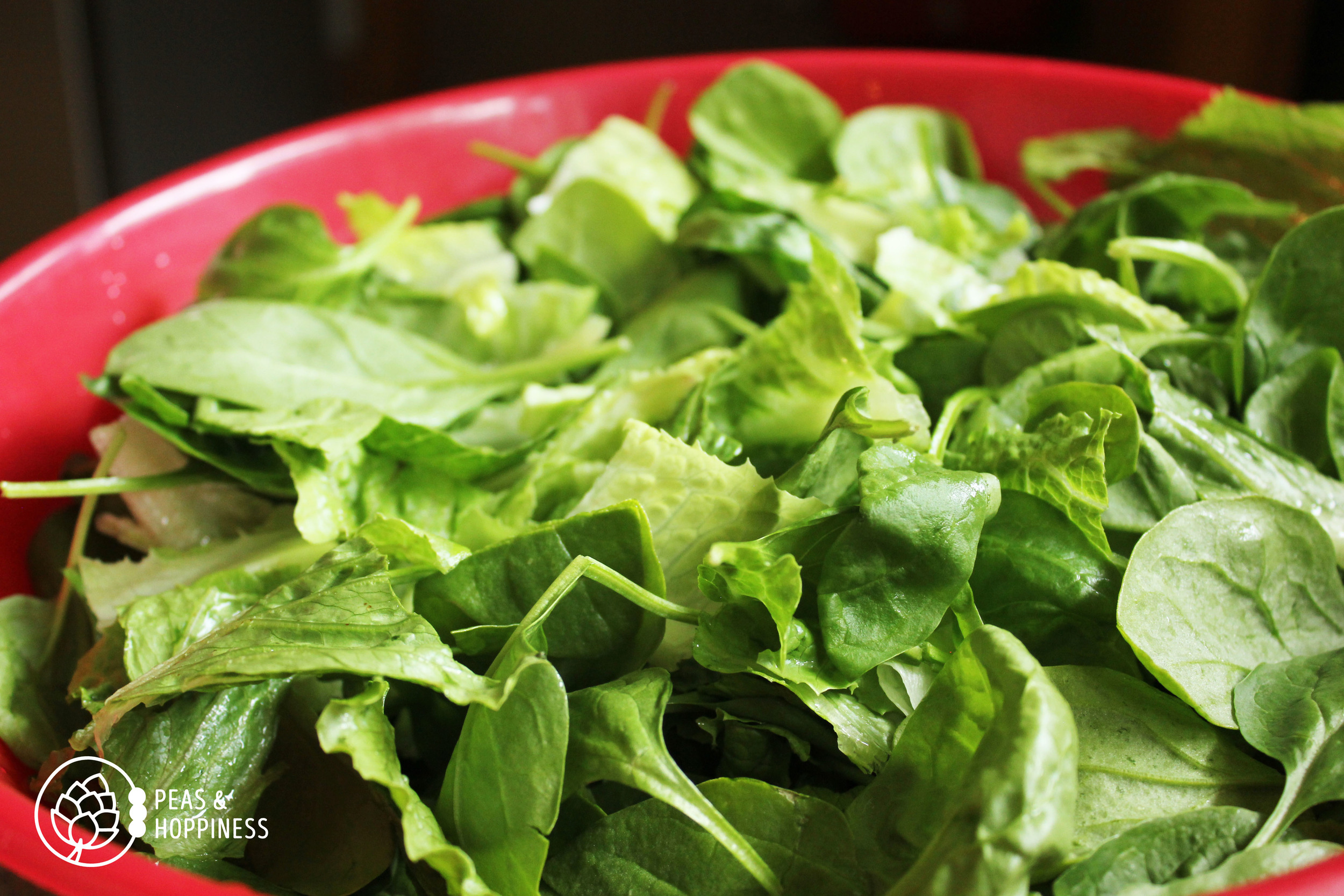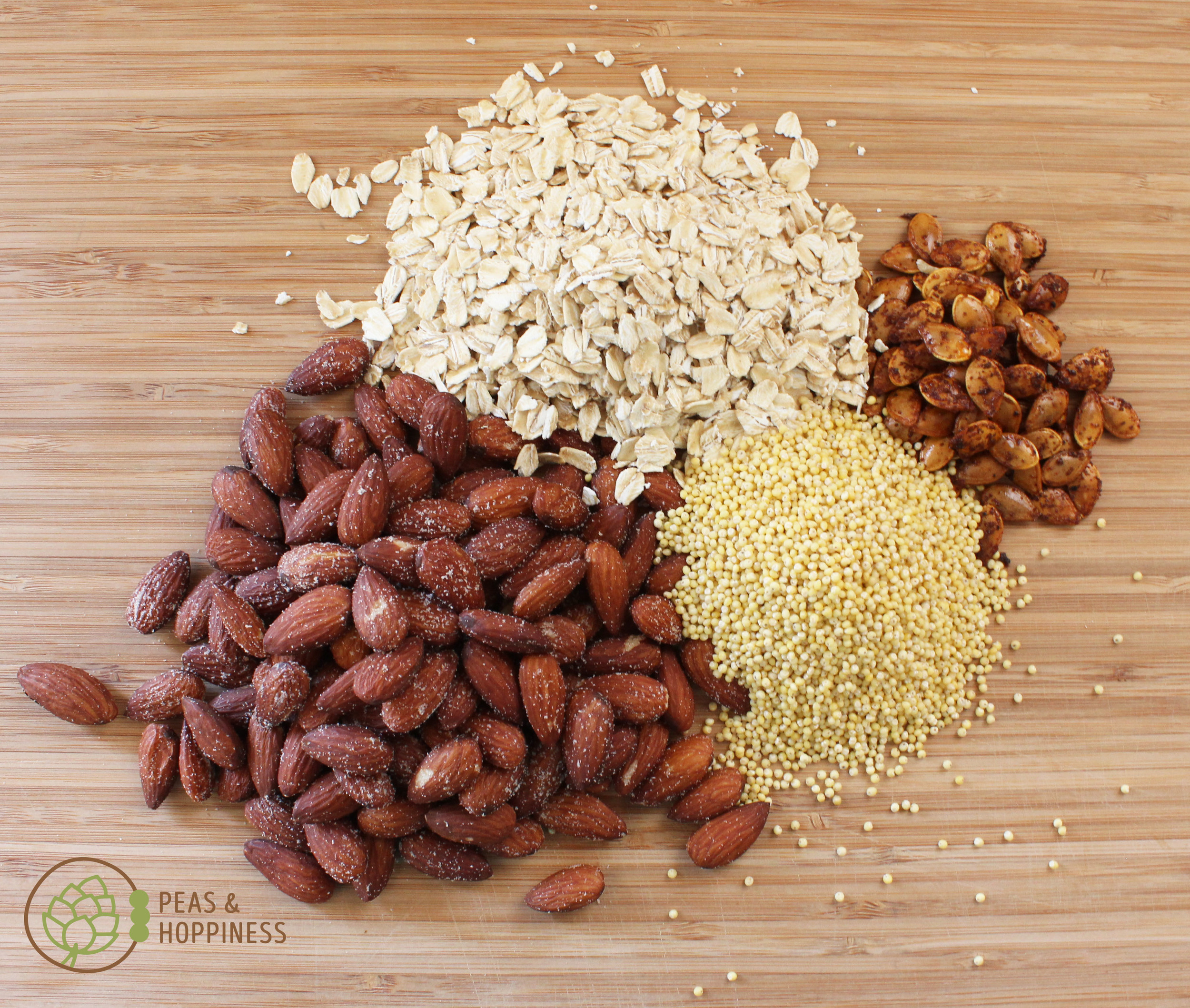Of all things nutrition, one of the most obscure and confusing topics seems to be nutritional supplements.

Nutritional supplements come in many forms: herbs, vitamins, diet pills, and mineral compounds. They’re recommended by everybody from your favorite chiropractor to your second cousin’s personal trainer. They come with a multitude of health claims – burn more fat! Have more energy! Grow bigger muscles!
In 2014, Americans spent approximately $36.7 billion on dietary supplements. That’s billion with a B.
I often encounter people who have spent lots of money on these items. Occasionally I’m asked my opinion. So, what’s the bottom line, after all?
Safety and Efficacy of Nutrition Supplements
How Nutrition Supplements are Regulated (or not) by the FDA
The Federal Drug Administration (FDA) is charged with monitoring our food and medication supply in the US. However, dietary supplements do not fall under their jurisdiction. Thus, anything in the supplementation section of GNC (wait, that’s the whole store, right?) is not regulated by any governing body.
Practically speaking, this means:
-
Claims do not need any research or proof behind them
-
The dose is not guaranteed
-
Purity of the supplement is not guaranteed
There have been some recent scandals relating to supplements, including an investigation in New York in 2015 that found that four out of five supplements on the shelves of four major retailers didn’t contain the herb that was labeled on the product. Not only that, but because supplements aren’t regulated, contaminated products are only pulled after making people sick and efficacy is hard to prove when the dosages aren’t necessarily accurate.

Not all supplements are harmful, of course, and your doctor (and/or dietitian) may have recommended a supplement at one time or another. Thankfully, there is an independent organization that reviews and labels nutritional supplements: NSF International. If you’re buying a supplement, I’d recommend to at least look for this stamp on the label. This stamp of approval does NOT guarantee that the claims on the label are true, but they do help to ensure a safer, more pure product.
Potential Food-Drug Interactions of Supplements with Food and Medication
Just as in Newton’s third law of motion (for every action, there is an equal and opposite reaction), if a supplement or medication is strong enough to cause an effect, it’s probably strong enough to cause a side effect. Thus, just because something is marked natural, does not mean it’s harmless.

Many supplements do in fact have some effect and thus can interact with medications you take. For example, ginseng supplements may increase the risk of bleeding by augmenting the effect of the common blood thinner, warfarin. Always talk to your doctor, dietitian, or pharmacist before starting a new supplement.
Here are a couple of helpful resources for learning the specific research behind supplements and the potential interactions (and thus ones you should avoid):
-
National Institutes of Health: Office of Dietary Supplements
-
This chart that includes (albeit brief and incomplete) information on food-drug interactions
Nutrition Supplements to Avoid
It depends on your philosophy, I suppose. I’m a big believer in the Food is Medicine concept, so the idea of needing to supplement your diet is a red flag that you’re not eating the correct balance of food.
However, there are many diseases that warrant medication and there are many folks who would rather take a “natural” supplement rather than a pharmaceutical. It’s not an irrational idea, as many of our modern medicines originated from somewhere in the jungle.
The challenge with supplements compared with pharmaceuticals is that the unknowns (such as purity and dose) make it difficult to say with certainty whether or not supplements are effective.

Evaluating the Costs and Benefits of Nutrition Supplements
As everything else in life, it’s all about economic choices (shout out to my high school economics teacher, Mr. Richter, for teaching me this early on). Many supplements do have some of the effect that they claim – the question is whether the benefit is worth the cost.
For example, there is evidence that cinnamon supplementation can lower blood glucose levels in patients with diabetes. So why aren’t all of the patients I see taking cinnamon supplements? As of yet, there is not enough evidence to confidently prescribe dosages, and without FDA-regulated cinnamon supplements, there is no guarantee as to the efficacy. Money is not infinite, so it’s important to me (and the doctors with whom I work) that we recommend treatments that are worth the cost.
Keep in mind, though, that cost is more than just dollars – make sure to also weigh the possible cost of side effects, drug interactions, and contamination.
Recommended Nutrition Supplements for Most People
There is definitely a time and place for supplementation. Here are a few of my favorites:
Vitamin D: It’s the sunshine vitamin, made in the skin when exposed to UV light and activated in the kidney. It’s not found in many foods and in colder climates we wear too many clothes that block UV light in the winter. I’d recommend vitamin D supplements to almost anyone, for general health.

Prenatal vitamins: A good prenatal should include DHA, EPA, and folic acid – for sure. This is a better-safe-than-sorry case, that even if you have a healthy, balanced diet, it’s best to make sure that mama and baby have plenty ‘o nutrition.
Omega-3 Supplements: I always recommend fish oil rather than a vegetarian source of Omega-3, such as flaxseed or chia, because fish are much more efficient than humans at converting Omega-3 into the biologically active forms DHA and EPA. Omega-3s are important in everything from brain development to heart health to prevention of age-related macular degeneration. And probably a whole lot of other things.
For all the other supplements out there, you’ll have to talk to your doctor. There are definitely other good supplements out there, but I would only recommend them on an individual basis.
Here’s my real beef (ha! pun intended) with supplements: they’re not food.
Obtaining nutrients from supplements is just not the same as consuming them in food. Fruits and vegetables contain fiber – so they fill you up, feed your happy gut microbes, and provide bulk to your diet. They contain phytochemicals – check out these blogs on Nuts and Bolts Squash, Grown-up Mac & Cheese, and Roasted Broccoli for a few examples of how amazing they are. Oh, and fruits and vegetables are delicious.
There’s my case for food. Supplements have their place, but they’re no replacement for the real thing.
With love,
Ann from Peas and Hoppiness.